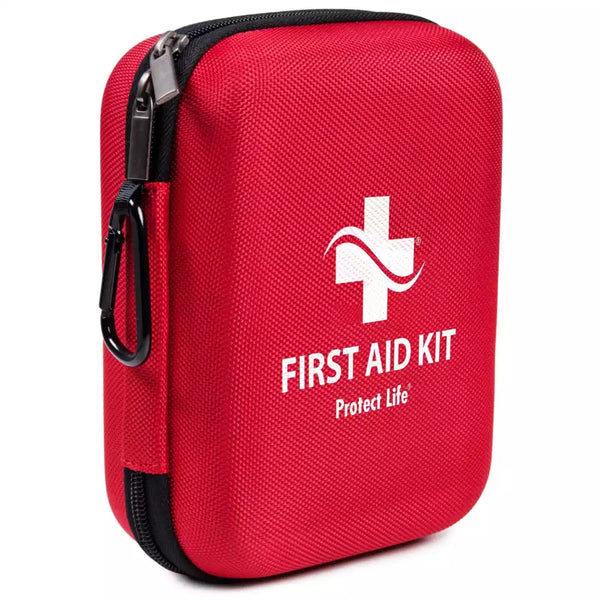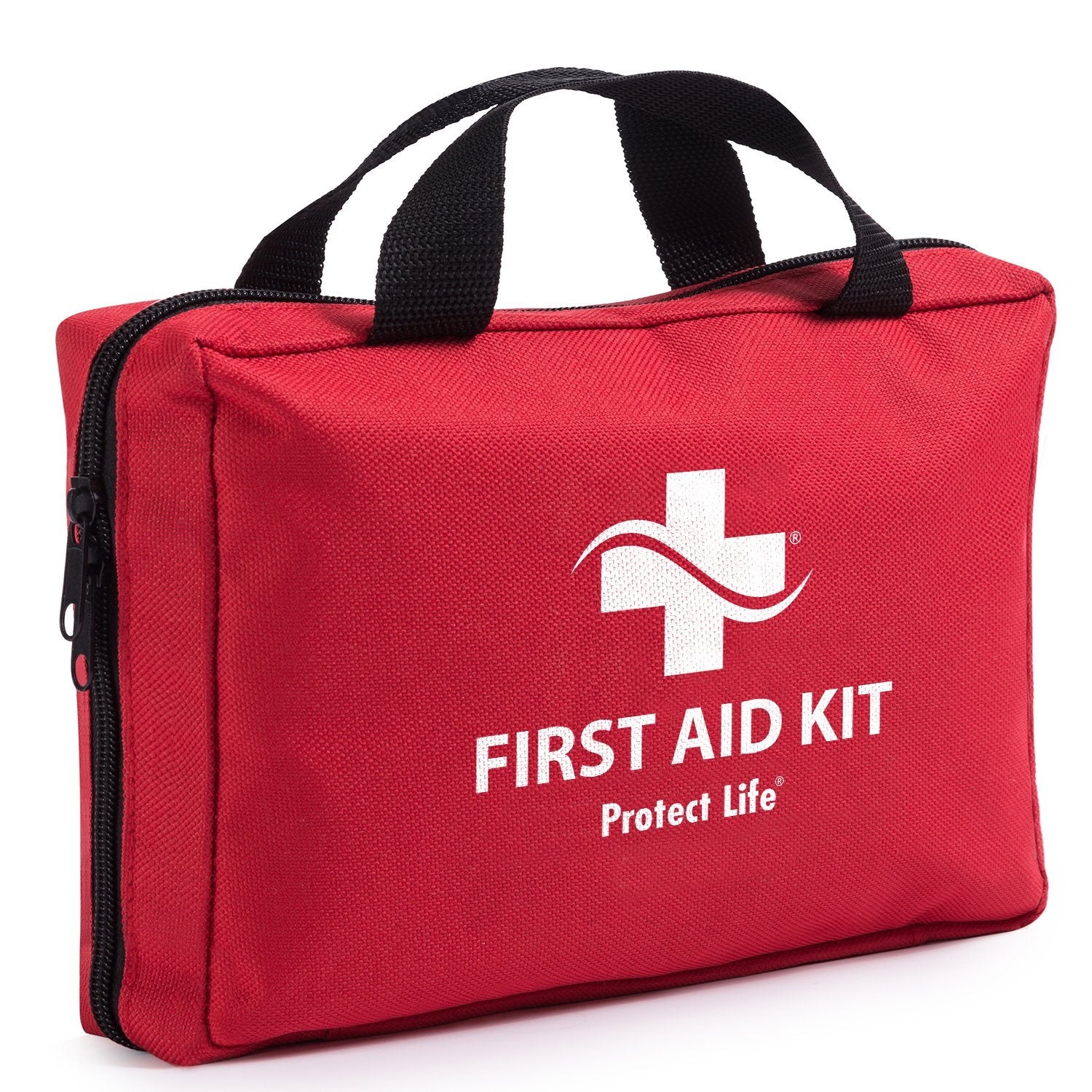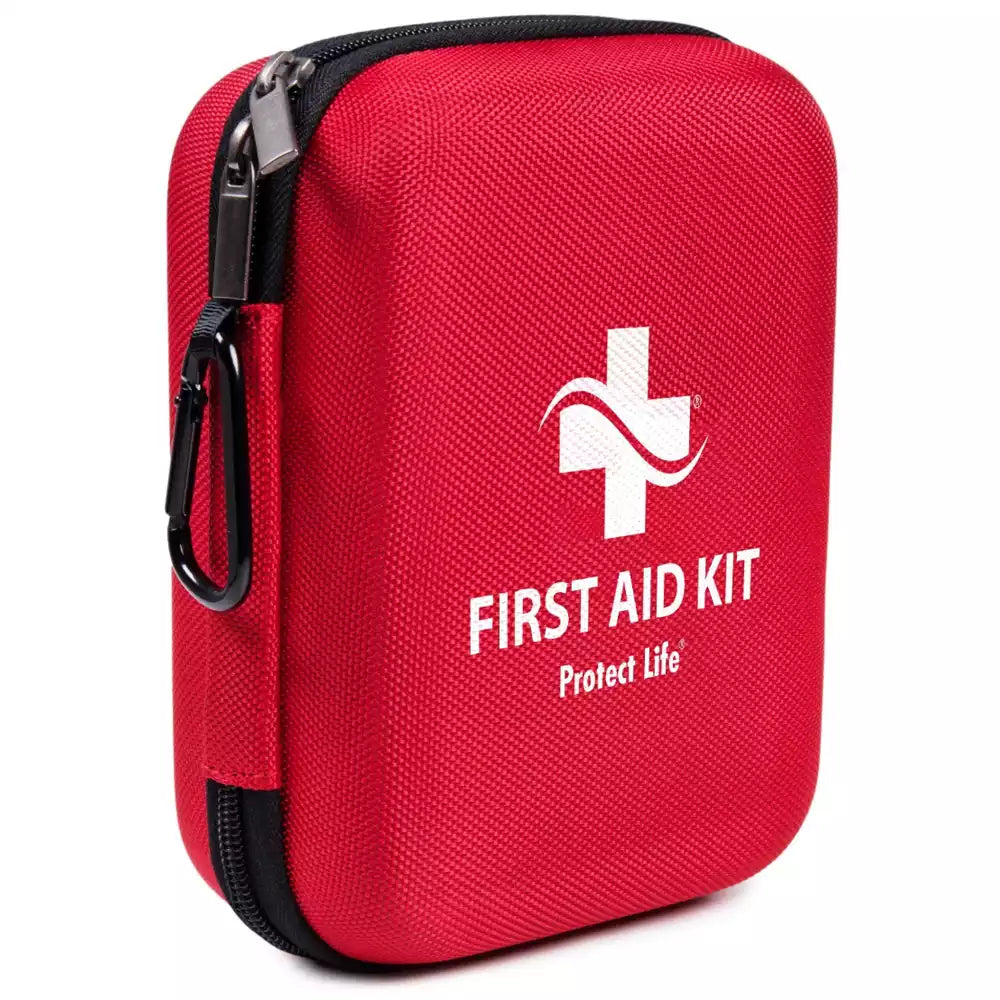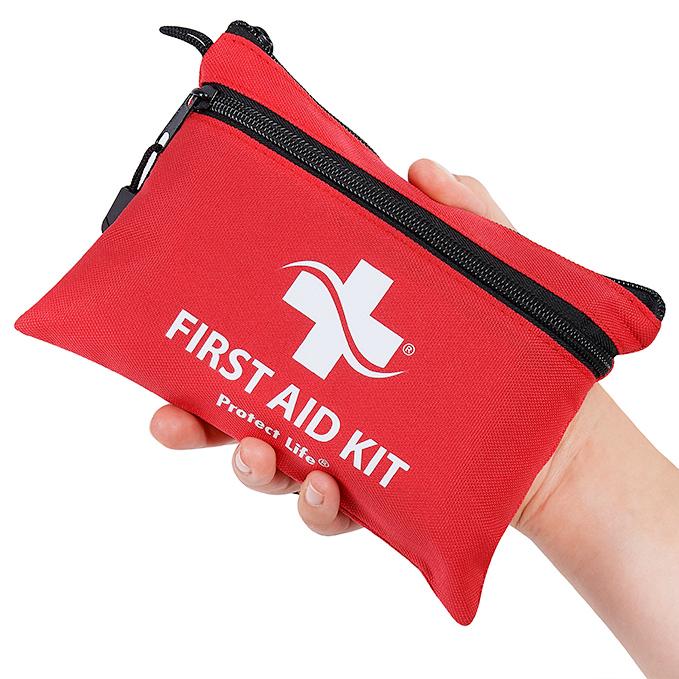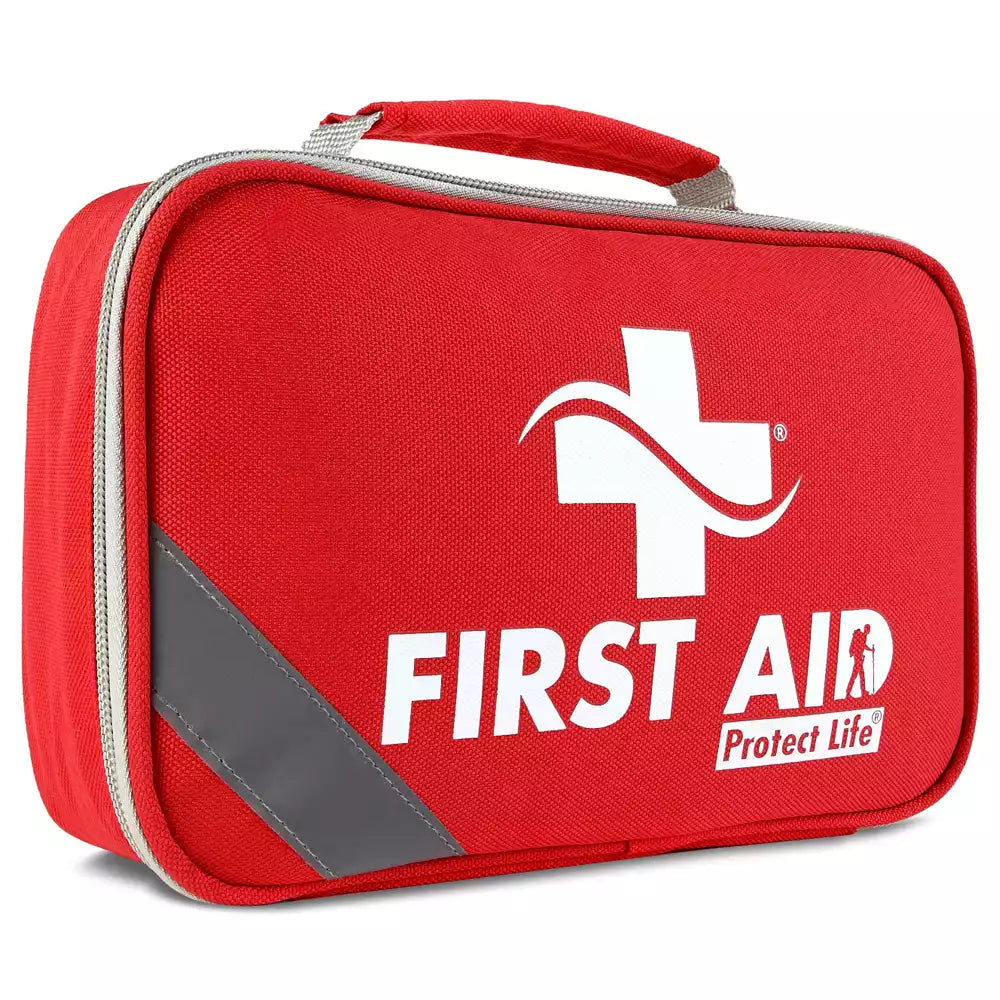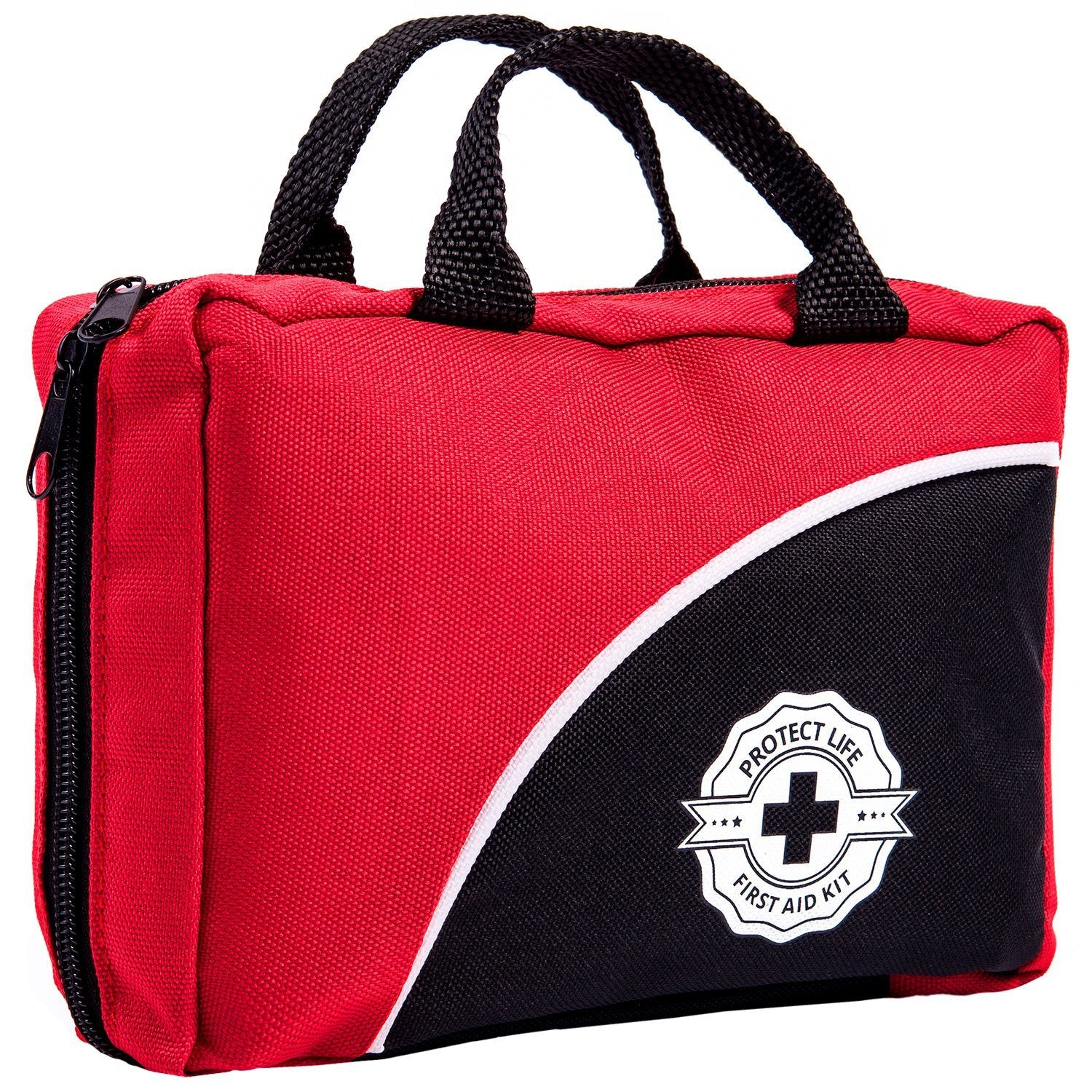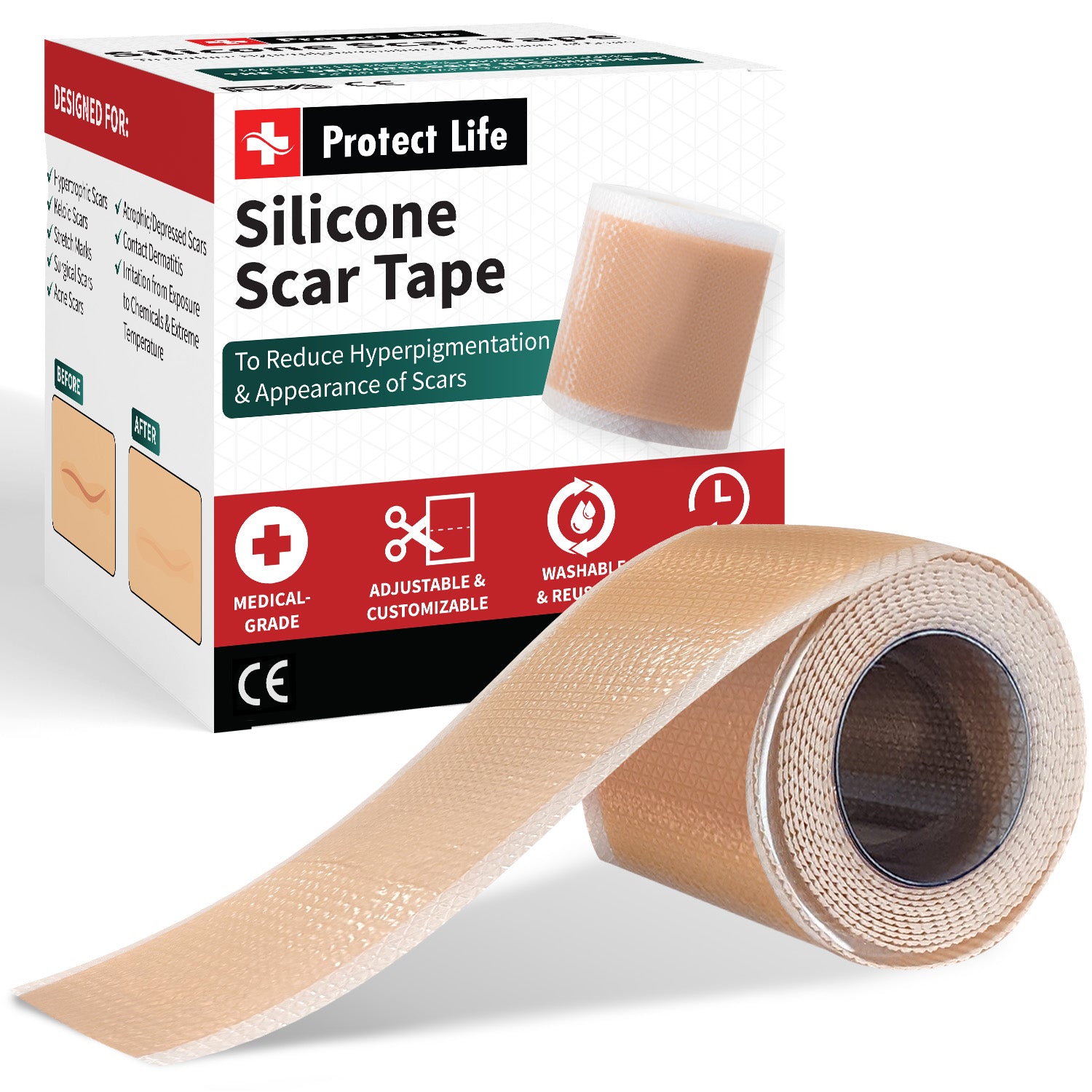An N95 mask is a type of respirator mask that sufficiently covers your nose and mouth, protecting you from tiny airborne particles such as dust and mold. It is also one of your best defenses against the COVID-19 virus. When ever to find N95 mask for sale it’s important not to fall for fakes. Like any in demand product there are people trying to mess around with buyers.
While there were supply shortages earlier this year, N95 respirators are widely available again. You can get them at wholesale or bulk prices. Just be careful about where you buy them from, as you may run into a N95 mask for sale that is a counterfeit.
According to the Centers for Disease Control and Prevention (CDC), these counterfeit respirators are being falsely marketed with a fake approval of the National Institute for Occupational Safety and Health (NIOSH). They may not be able to provide the appropriate respiratory protection to healthcare professionals and other frontline workers.
The Difference Between a Dust Mask, N95 Mask for sale, and Other Respirators

NIOSH-approved respirators have N, R, or P designations, which refer to their oil resistance. The N-series is not oil resistant, the R-series somewhat is, and the P-series is oil-proof.
The N-series respirators are categorized based on their respirator rating: N95, N99, and N100. An N95 mask can filter up to 95% of airborne particles, while an N99 can filter 99%. Similarly, the N100 can filter nearly 100% of airborne contaminants.
Paper dust masks are often mistaken for facepiece respirators like N95s. However, they are very different masks. For starters, they have a looser fit because they only have a single strap. These dust masks are designed to stop airborne particles and droplets from coming out of the wearer’s mouth. Since they aren’t respirators, they offer no protection against hazardous fumes and vapors. They can protect you, however, against non-toxic dust.
In the US, N95 respirators are the most in-demand PPE. Some are used in construction and other industrial settings where workers are exposed to dust and small particles, while others are used in healthcare facilities.
N95 masks are very important for medical workers and patients, especially amid this global health pandemic. The coronavirus has a shell made out of lipids. Since these tiny particles only contain low amounts of fats and oils, they don’t affect the filtration ability of the N-series respirators. Simply put, a N95 mask for sale can help shield you from the deadly COVID-19 virus.
All N95 masks are designed to have a secure fit around the nose and the mouth. Some have exhalation valves, which can make breathing easier and minimize heat buildup, but these N95s don’t offer protection against COVID-19. They also shouldn’t be used when sterile conditions are required.
For sufficient protection against the coronavirus, it’s recommended to opt for surgical N95 respirators. Designed like surgical masks, they are resistant to fluids and can effectively filter bacteria, viruses, and other airborne particles.
Initially, to manage supplies, the CDC recommended to reserve the use of N95 masks for frontline health professionals and other first responders. After all, they are the most vulnerable to contracting the virus. However, N95 mask manufacturers have already accelerated production and have addressed supply problems.
How to Tell if Your N95 Face Mask is Real or Counterfeit
An authentic N95 mask for sale is certified by NIOSH, which is responsible for approving all respiratory protective gear. If the masks are marketed for medical purposes, it also needs to be certified by the Food and Drug Administration.
Here are a few signs that a respirator is counterfeit:
Lack of NIOSH approval markings
NIOSH marks each mask with a unique approval number such as TC-84A-XXXX. If there aren’t any markings on either band, the mask is most likely a counterfeit. You can also check for the approval label, the manufacturer’s name, and the respiratory rating on the packing as well as on the facepiece itself.
Since some counterfeit peddlers often use stolen approval numbers from legitimate N95 masks, you can verify the approval number using NIOSH’s Certified Equipment List. You can also look for other signs to determine if the respirator is authentic or not.
NIOSH is misspelled
Another way to determine if an N95 is a fake is by checking the spelling of approval labels. Even if the approval label and number are valid, you can still spot a fake by checking the spelling. Sometimes, NIOSH is incorrectly spelled in counterfeit masks as NISH.
Authentic facepiece respirators may have the official NIOSH logo or the name spelled out in block letters.
Has decorative accessories (e.g. sequins)
A N95 mask for sale isn’t made from fabric, and decorative add-ons, like studs or sequins, are also red flags. If a respiratory mask has these accessories, it’s safe to assume that it’s fake.
Has ear loops instead of headbands
All NIOSH-approved masks have headbands instead of ear loops. One strap goes around the head and under the ears, while another goes on the crown of the head, just above the ears. If an N95 has bands that loop around your ears, it’s not an authentic facepiece respirator.
Claims to be child-friendly
You can also watch out for claims saying that the masks can be used by children. As of now, no N95 masks are approved for young children.
Each facepiece respirator must indicate a registered trademark and the name of the approval holder or manufacturer (or its abbreviation), given that it is recognized by NIOSH. It also has the approval holder’s model number of parts such as 8577A.
Some authentic respirators may indicate the lot number or date of manufacturing. This, however, isn’t required.
As for private labeled respirators, they are required to have a statement on the packaging: “Marketed by (private label company name)” and “Produced by (approval holder company name)”. Take note that these don’t appear on the facepiece respirator.
How to Verify an N95 Mask Using the Certified Equipment List
The Certified Equipment List is a database that helps safety managers, industrial hygienists, and healthcare workers determine if respirators are NIOSH-certified. You may also use it to look for the most appropriate respirators that can protect you from the hazards you are exposed to.
To search for NIOSH-certified N95 respirators, do the following:
- Go to the For Protections Against section, then choose N95
- Go to the Facepiece Type section, then choose Filtering Facepiece.
- Hit the View Results button.
Respirators are added to or removed from the list all the time, so you can verify the most appropriate gear for protection. Since the 2016 edition has new search tools, you now have a quick and easy way to check the authenticity of N95 masks. You can search based on approval numbers, manufacturer, brand, facepiece type, and more.
Where to Buy an Authentic N95 Respirator Mask
Despite the surge of counterfeits on the market, you can protect yourself and your workforce by viewing the CDC’s list of NIOSH-approved N95 respirators. Some have been certified by NIOSH as N95 respirators and approved by the FDA as surgical masks. As mentioned, you may also search for the masks on the NIOSH Certified Equipment List.
If you’ve found an N95 mask that looks authentic but doesn’t appear on any of the lists, you can get in touch with the CDC to verify.
If you don’t have an N95 face mask yet, you may want to check out Protect Life’s single-use NIOSH-approved respirators and other kinds of face masks that can help prevent the spread of COVID-19.
Get authentic N95 masks here.

